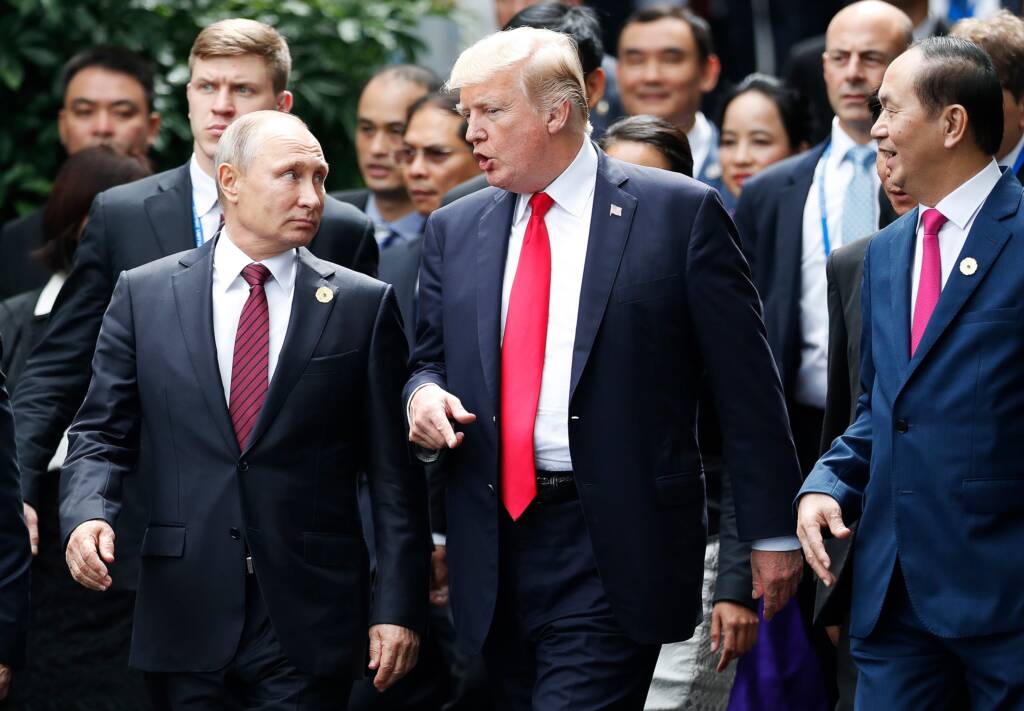U.S. President Donald Trump has reiterated a controversial stance: he believes Russia should be readmitted to the Group of Eight (G8), a forum of the world’s leading industrialized democracies. This position reignites a years-long debate over Russia’s place in global diplomacy and the consequences of its international behavior.
Why Was Russia Ousted?
Russia was suspended from what was then the G8 in 2014, following its annexation of Crimea from Ukraine — an act widely condemned by the international community as a violation of international law and Ukraine’s sovereignty. The move triggered economic sanctions from the U.S., the European Union, and other allies. In protest and as a signal of disapproval, the remaining members — the U.S., Canada, the UK, France, Germany, Italy, and Japan — reverted the group back to the G7, excluding Russia.
The G7 cited Russia’s disregard for international norms and aggressive military actions as incompatible with the values the group stands for: democracy, rule of law, and respect for territorial integrity.
Trump’s Position
During his presidency and beyond, Trump has frequently expressed admiration for Russian President Vladimir Putin and criticized the G7 for excluding Russia. Trump argues that global issues — such as terrorism, energy, and arms control — cannot be effectively addressed without engaging Moscow.
Critics, however, see this as a misguided attempt to normalize relations without accountability. They argue that Russia has not taken steps to reverse its actions in Crimea or address its involvement in other destabilizing activities, such as election interference and support for separatists in Eastern Ukraine.
Can Russia Be Brought Back?
Technically, yes — but it’s politically complicated.
Reinstatement would require unanimous consent from all G7 members, many of whom remain firmly opposed. For example, Canada and the UK have been particularly vocal in opposing Russia’s return without a change in its behavior. French President Emmanuel Macron has said re-engagement would be possible only if Russia makes progress toward peace in Ukraine.
The ongoing war in Ukraine, which began in 2022, has further hardened positions against Russia. Instead of a path back into the G8, Russia now finds itself more isolated from the West and more closely aligned with countries like China and Iran.
Trump’s call to bring Russia back into the G8 may appeal to certain geopolitical realists, but it’s far from a universally accepted idea. Until Russia addresses the reasons for its ouster — chiefly, its violation of international norms — its readmission remains unlikely. The future of the G8, if it is ever to be revived, depends not only on diplomacy but also on consensus that will benefit a global geopolitical order.
